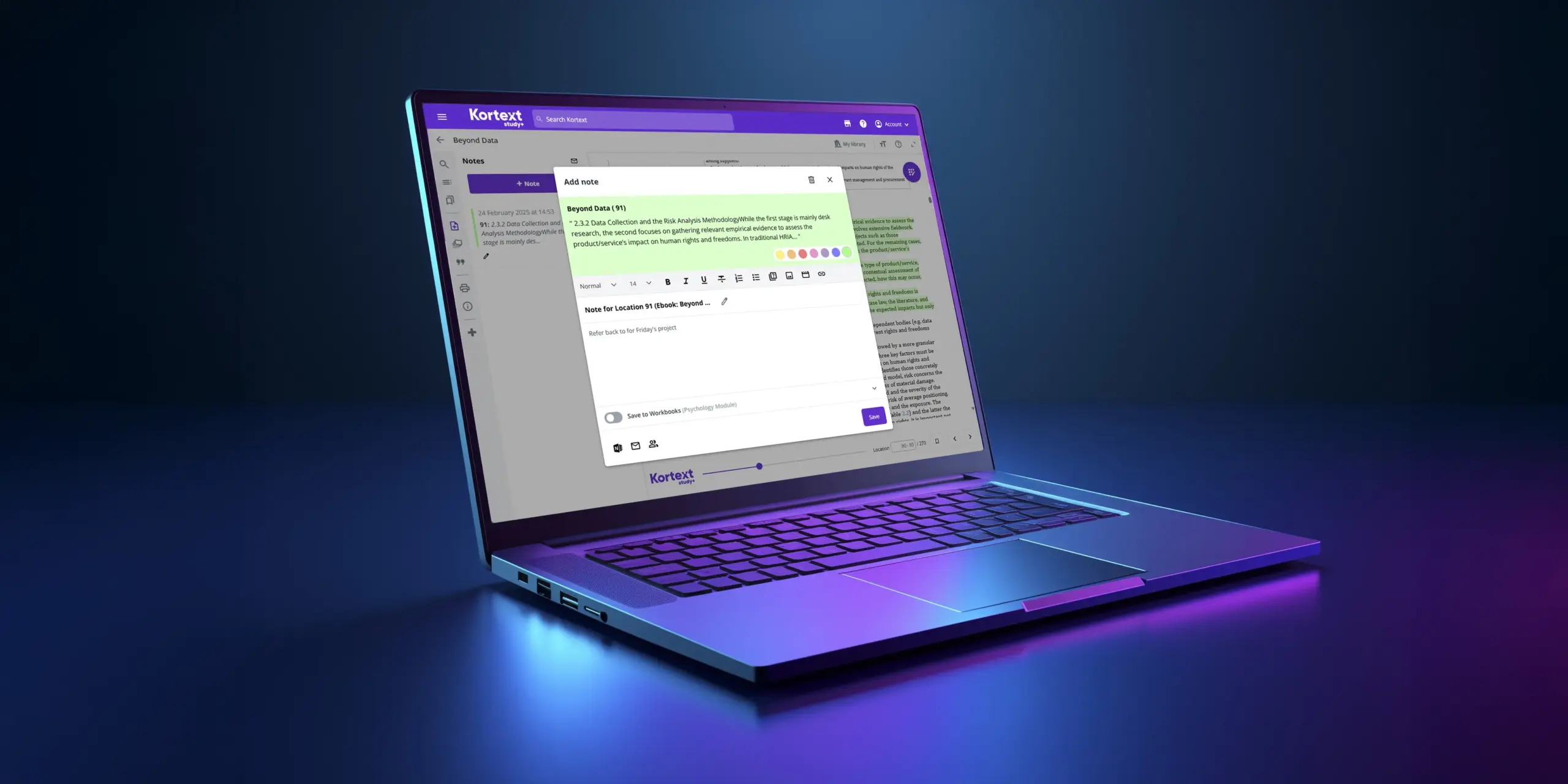Digital literacy among students
If you walked into a room of young people and asked them to help you with snapchat, change your notifications or set up an account for TikTok, there would be no questions about whether they’d be able to do this for you.
Despite this form of digital literacy, there’s a growing trend in digital illiteracy amongst students; this is supported by a quote about students from University of Exeter’s Dr Sarah Jackman who said it best during our Summer 21 Webinar:
They’re tech-savvy but it may not be the right sort of tech that they are savvy with.
If you are unfamiliar with the term, digital illiteracy refers to a lack of ability and skills to create, evaluate, learn, and find information on online media and digital platforms through the usage of technology.
In a recent study published by Jisc, they found that just 9% of the students surveyed reported they did not need any support with their digital skills at all, leaving 91% of students asking for some form of help to understand how to use the tools essential to their online learning experience.
Online support
Delving deeper into the report, over half of the students surveyed said they received support for learning online or away from campus and 41% had guidance about the digital skills needed for their course.
Following on from this, only 26% had an assessment of their digital skills and training needs; suggesting a large percentile of students with unknown levels of digital competency.
It’s not only digital literacy that came into question, but the digital divide too.
There were various resource-based problems that respondents faced, such as 63% of students suffered issues such as poor Wi-Fi connections, 24% faced problems with mobile data costs and 30% who had problems accessing online platforms and services.
When responding to a question about digital resources, a student shared the inappropriate response from a lecturer, stating:
I’ve been told by my lecturer that, despite understanding that accessing expensive software might be a difficulty, work submitted using alternative/free equivalent software will be marked down.
Increasing and ensuring digital literacy
Despite the new normal meaning many are returning to campuses, there is still a large number of students receiving their education partly, or wholly online and the possibility of the number of students learning this way is only going to increase in the future.
As an institution, here are some helpful tips to help check and ensure levels of digital literacy.
- Ask students to complete a checklist during Fresher’s week
- Ensure lecturers run through the VLE, and other platforms to be used during the course, during the first week of university
- Run training sessions
- Ensure all students know where they can go to for help if they are struggling digitally
Have we missed any that you find particularly helpful at your institution? Let us know!






